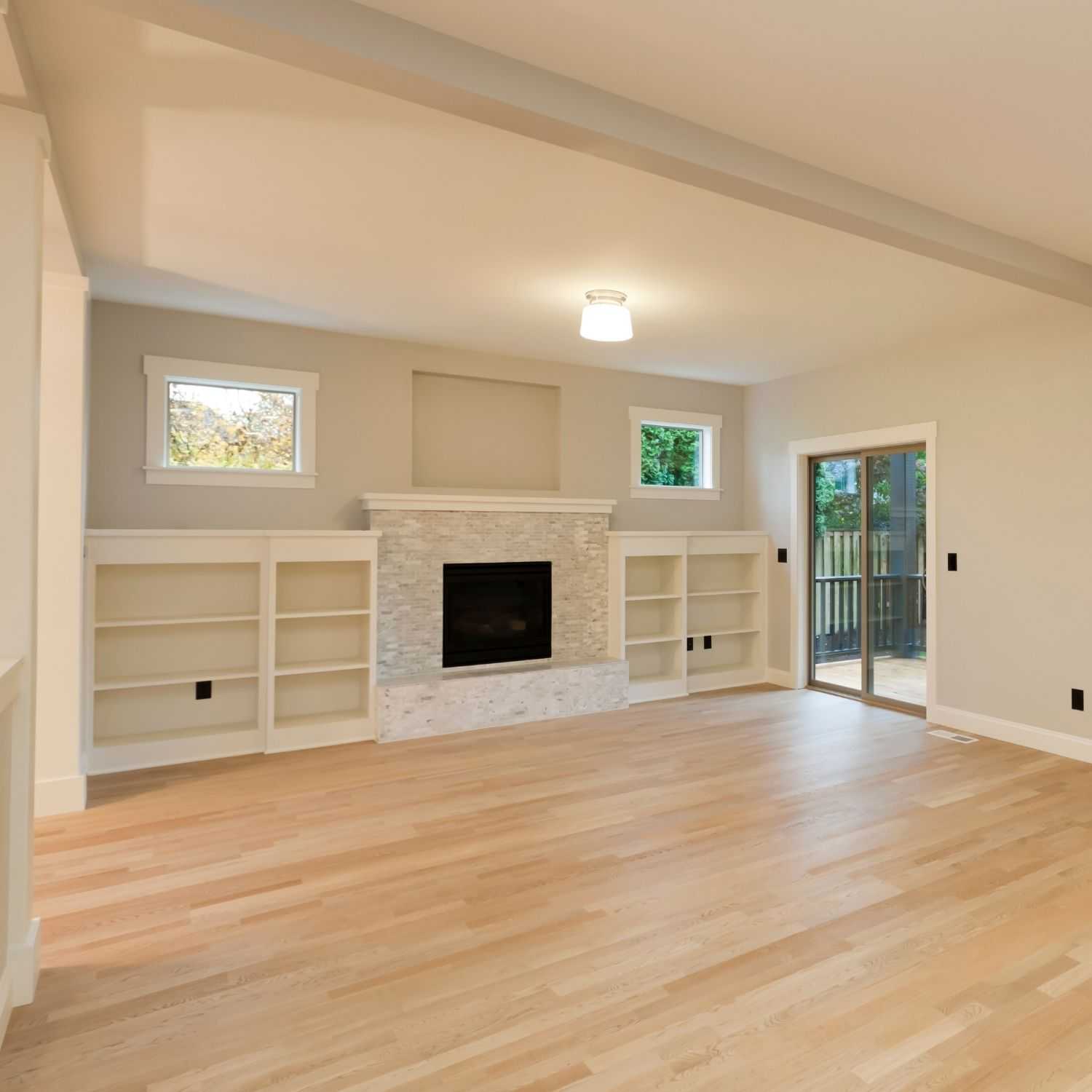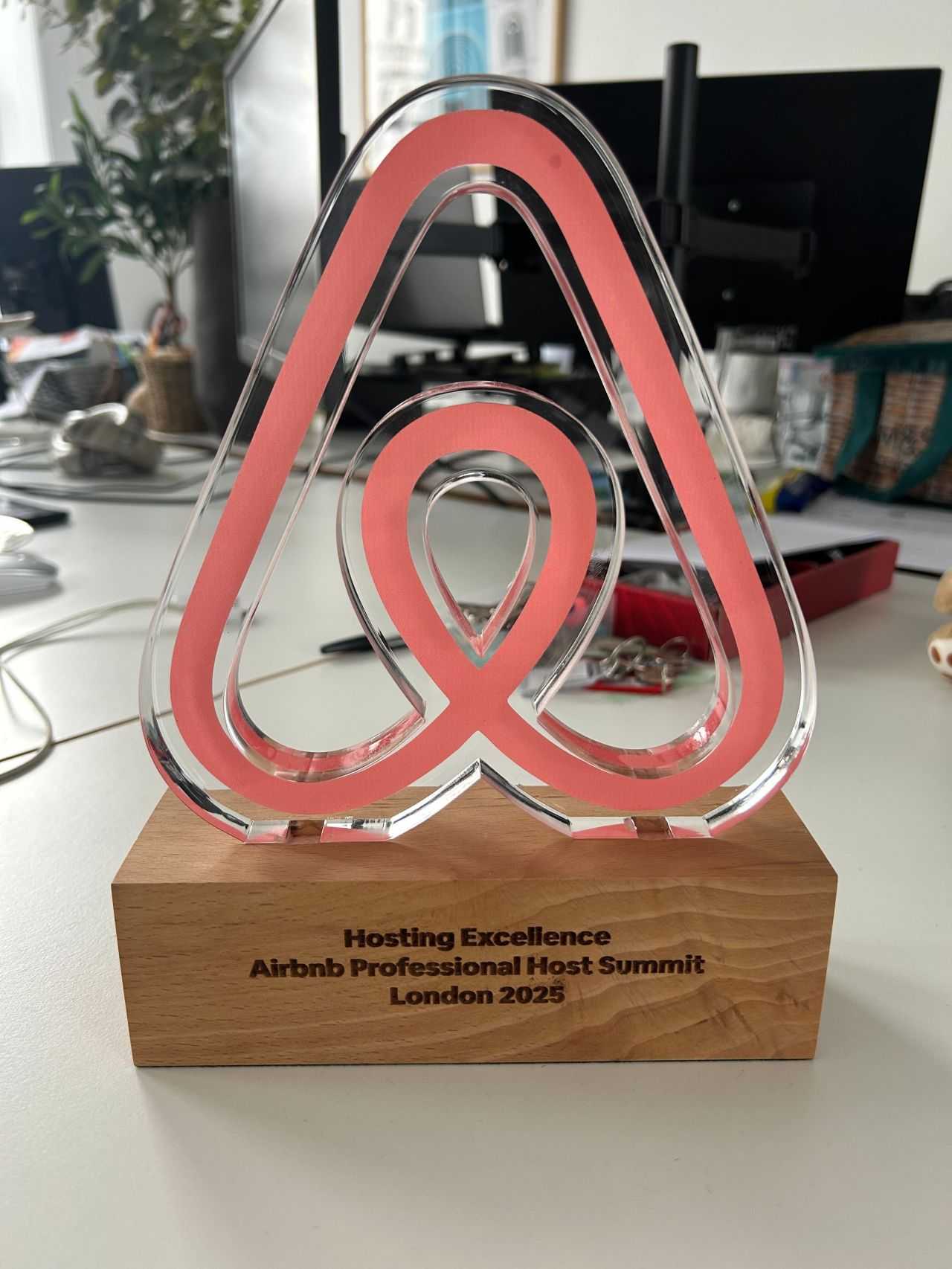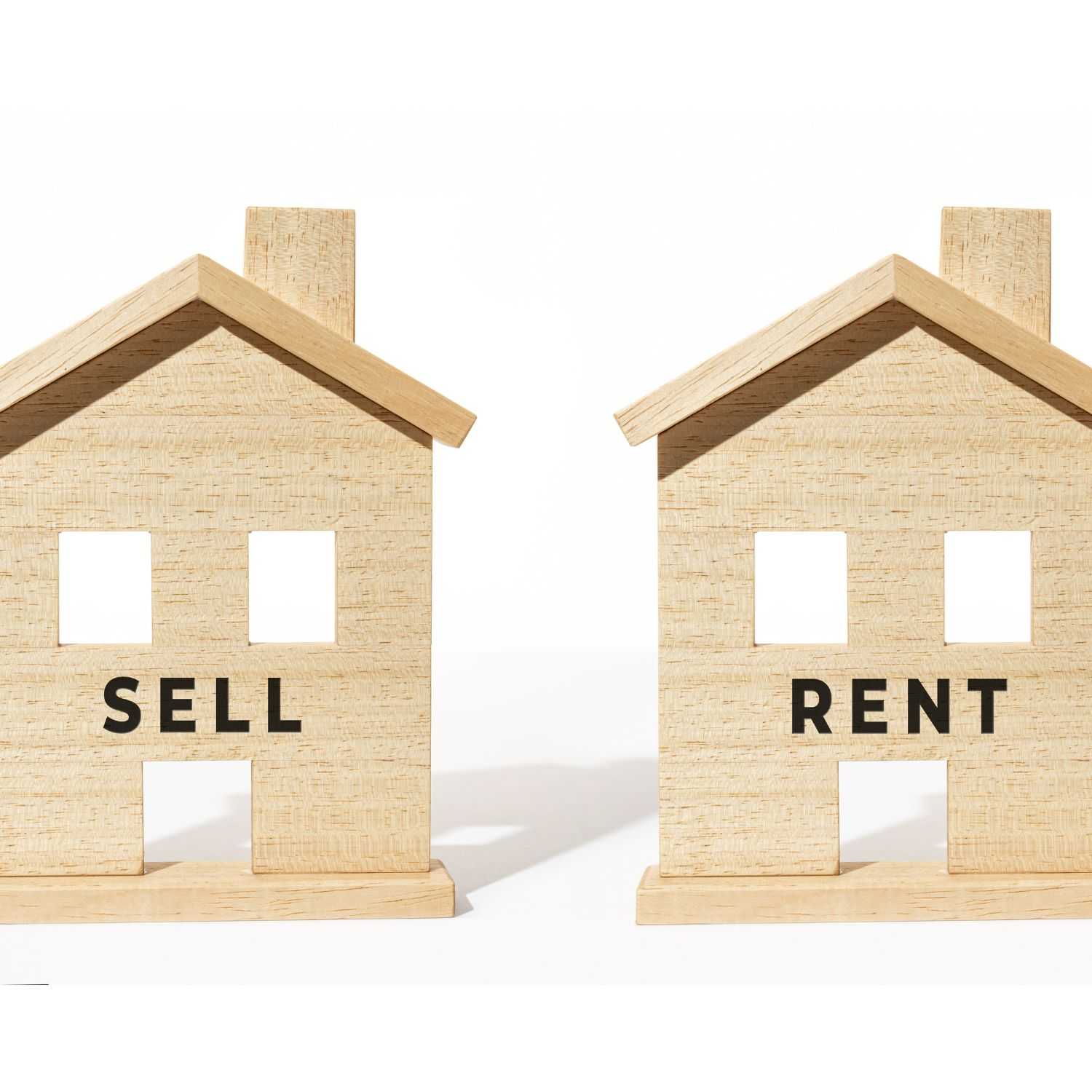Share post:
Empty property losses should be taken more seriously by property owners, specifically those who are planning to sell. Properties take 17 to 34 weeks to sell. During that time, properties are left vacant while they wait for the right offer to come.
The longer a property is empty, the more the property owner loses. From ongoing council tax payments, maintenance costs and even security risks, all these are costs that vacant properties incur.
Fortunately, there’s a way to avoid these empty property losses while you wait for the right buyer.
In this article, you’ll get a deeper understanding of how much empty homes can cost property owners in terms of maintenance, insurance and protection. You’ll also discover an effective strategy to help you deal with unoccupied properties so you don’t suffer through unnecessary financial losses while waiting for a sale to happen.
What Are The Hidden Costs of Empty Property Losses?
A property left empty for a long time may seem harmless. But underneath all vacant homes is a list of expenses that build up fast. These aren’t just costs in theory. They are real out-of-pocket expenses that can compromise your expected profit from the sale of the property.
Here are the hidden costs that come with empty properties.
Council tax
Local authorities won’t care if a property is empty or not. You need to pay council tax regularly, or you’ll be penalised for it. While some local authorities offer a short exemption period, it won’t last long.
Rental properties usually ask tenants to pay the council tax. But if you leave the property empty, it’s the property owner’s responsibility to pay this tax obligation.
Once the local council find out your property has been empty for a long time, they’ll impose higher tax rates on it. The rate could go as high as 100% (empty for 2 years or more), 200% (5 years or more) and 300% (10 years or more) on top of the standard council tax rates.
Insurance premium
The property insurance is another cost to consider. As a general rule, standard home insurance does not cover properties that have been empty for 30 days or more. Some allow 60 days, but the fact remains that properties that are up for sale take longer to find a buyer. You’ll be charged a higher insurance premium because empty properties have a higher risk of vandalism, structural damage or fire.
Water damage and maintenance
Vacant properties usually deteriorate faster because they’re not being maintained. Since nobody is checking out the property, there’s a higher chance of burst pipes going unnoticed during winter. This could lead to major structural and water damage if it’s not repaired immediately.
Once the structure is compromised, it’ll be harder for you to sell the property or even get a good price for it.
Security risks
Empty homes are treated as higher security risks as they are prone to squatting, theft and vandalism. It’s the reason why insurance companies charge higher premiums to cover them. When they’re left empty for the long term, break-ins are more likely to happen and cause significant damage to the property. This could compromise the property’s value and selling price. Not to mention the cost of getting the repairs done.
Missed income opportunities
Leaving a property vacant while waiting for the right buyer makes you lose income opportunities. Rental properties in London, especially short-term rentals, are in demand. One property managed by City Relay earned £6,000 in one month. Another property earned £77k over two years while waiting for the right buyer.
This is the rental income potential of vacant properties, as long as they are managed and marketed properly.
How Can Letting Help Offset Empty Property Losses?
The earning potential of vacant properties is huge. Instead of leaving it empty, turn it into a rental property business. With the right property management expertise, you can earn on the side while you look for a buyer for your property.
Take a look at the different ways that a short-term letting strategy can offset empty property losses.
Generate rental income while waiting
Instead of just paying council tax, maintenance and insurance, make your property generate rental income. This will also help you pay for mortgage payments (if any), renovations, security checks, marketing initiatives, agent fees, etc.
If the property is earning, you don’t have to worry if the sale is taking too long. You’ve got all the expenses covered, and you’re even getting extra cash flow from it.
Keep the property’s premium condition
Since you’re renting the property, you’re forced to keep it in premium condition. The funds you get from the booking fees will give you the means to pay for professional cleaning and maintenance services.
You can also earn enough to pay for improvements and renovations to elevate the value of the property, so you can get a higher selling price.
Minimise insurance costs
Standard home insurance policies will charge higher premiums because there’s added risk when a property is left empty for 30 to 60 days or more. But if you rent out the property, you won’t have to worry about this. Your property can accommodate a couple of bookings per month, so it won’t be empty for long.
Maintain flexibility for the property sale
If you choose a short-term letting strategy, your property will enjoy the flexibility of earning through rent while accommodating potential buyer bookings. You can block off dates for an open house, staging or photography. Or you can put a clause in your house rules that guests should allow viewings.
Tax considerations
Certain losses from an empty property might lead to tax deductions or relief. There are cases when losses can be carried forward and set against profits you’ll earn in the future. Consider these and consult with a property professional or accountant who can explain the details better so you can take advantage of them.
Avoid Empty Property Losses Through Letting
Selling your property is a journey that doesn’t have to be marred by empty property losses. Instead of paying fees and penalties for keeping your property vacant for a long time, opt to rent it out so it earns money. With the right strategy, property management expertise and a well-maintained property, you can turn an empty space into an income-generating asset.
If you’re interested in exploring how to earn from rent while selling your property, get in touch with City Relay. We offer short-term rental management expertise that covers guest communications, in-house cleaning and maintenance, property compliance and many more.
Get your free rental estimate and learn how we can protect your property, reduce losses and generate income while you wait for the right time to sell.












